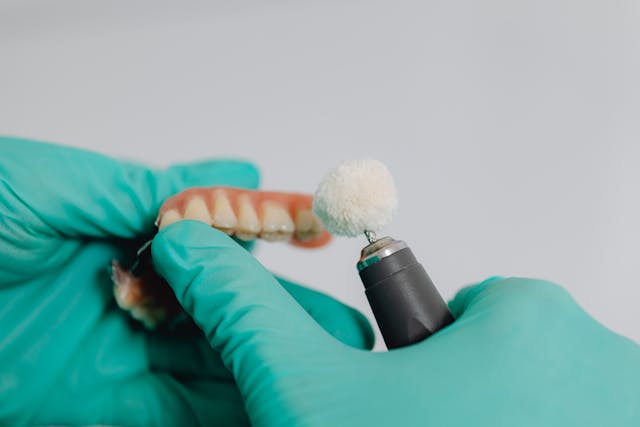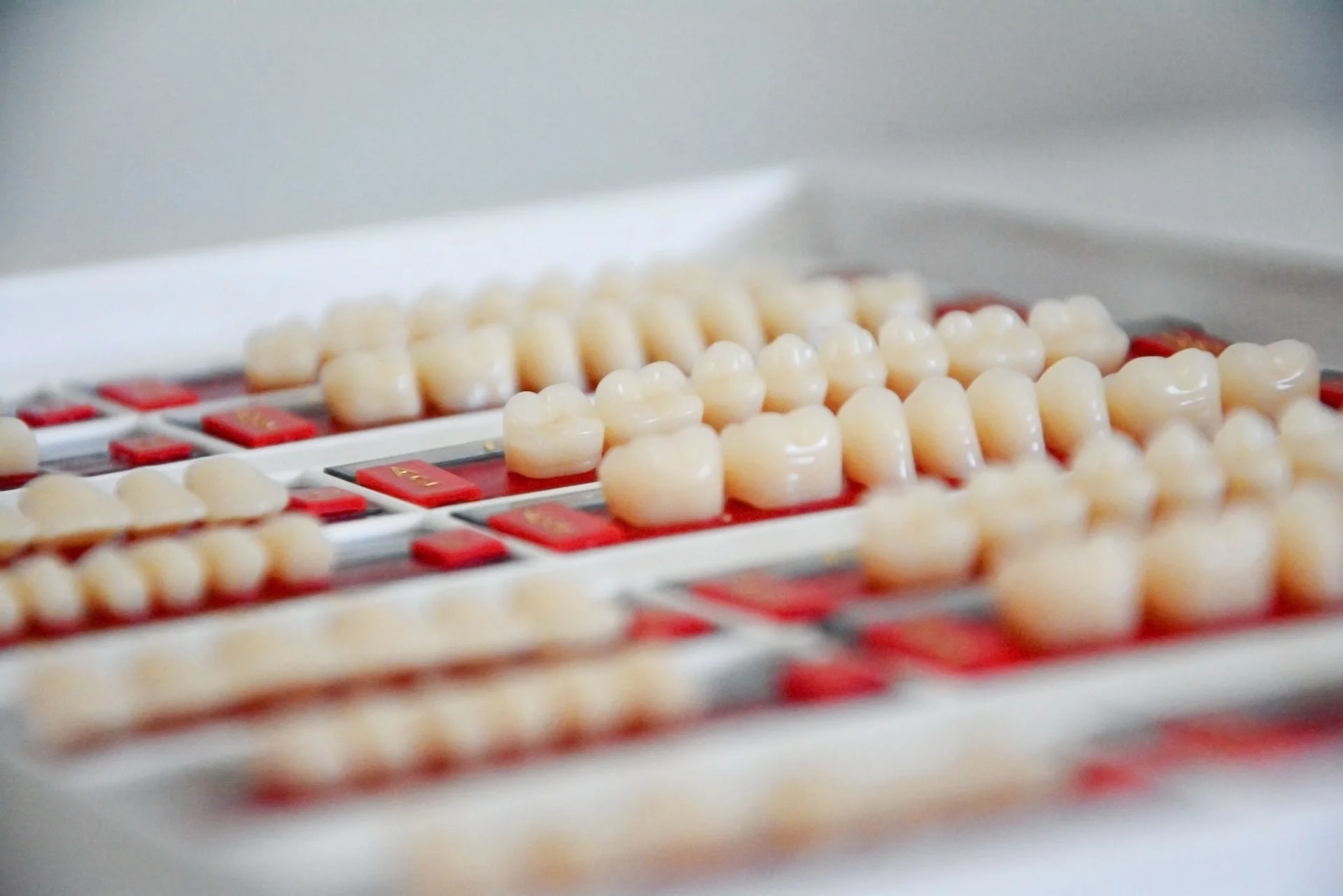
What Are Dental Crowns?
Dental crowns are dental units that are placed on top of damaged teeth. These are tooth-shaped covers that protect and restore the strength, function, and appearance of teeth.
A dental crown is an extremely reliable prosthesis that has an extensive shelf life.
When Would Dental Crowns Be Required?
Dental crowns might be advised by your dentist for a variety of reasons –
- Preventing a structurally weak tooth from fracturing
- To keep a chipped tooth from breaking apart
- To support a tooth with a larger-than-usual filling
- Supporting a tooth with a root canal
- To replace a missing tooth (via dental implant)
- Holding a dental bridge in place (on both ends)
- To cover a severely discolored or stained tooth
What Is The Process For A Dental Crown?
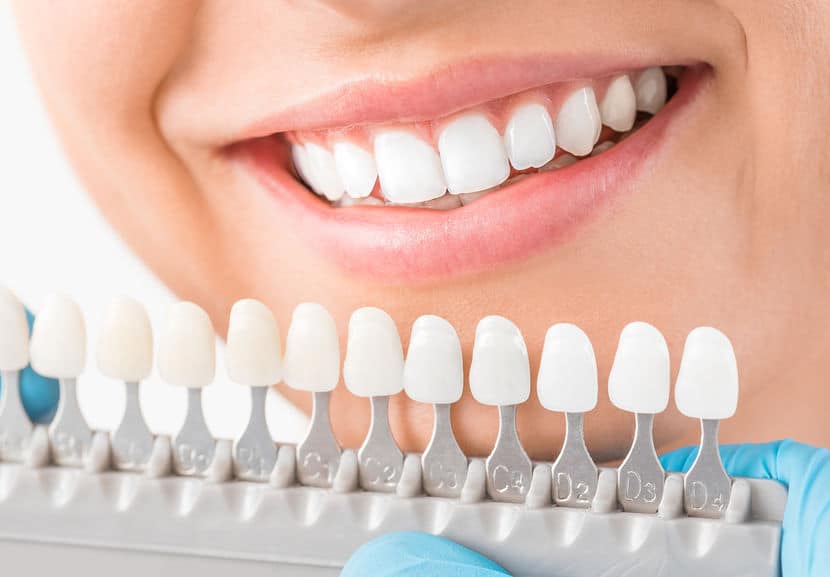
The entire process for a dental crown is typically completed in two visits.
The First Visit
On your first visit, your dentist will examine and prepare the tooth that requires the dental crown. X-rays will be taken to assess the internal structure of the tooth and the bone surrounding it. Your dentist might advise a root canal treatment before the dental crown if there is–
- Tooth decay
- Risk of infection
- Injury to the pulp
Once that is taken care of, the tooth in question will be shaved down across the sides and from the top. This is done to make space for the dental crown. The amount of enamel shaved away depends on the kind of crown you’re getting. Metallic crowns are thinner and don’t require a lot of space, meaning the tooth is cut down less. On the other hand, all-porcelain or porcelain-fused-to-metal crowns require more space. Hence, more of the tooth material is shaved away.
After the tooth is reshaped, the impression material is used to create a copy of the tooth. Impressions are also taken of the opposing tooth. This is done to ensure that the dental crown doesn’t affect the bite once it has been set in place.
The impressions, along with a shade match reference, are sent to a dental lab that fabricates the dental crown. The manufacturing takes about 2-3 weeks and is then sent back to the dentist’s office.
The Second Visit
The second visit is scheduled once the dental crown has been received by your dentist. They will place the permanent crown on your tooth to check the fit and color. If everything checks out, your dentist might numb the tooth before placing the crown.
The crown is permanently cemented into place and the excess dental material is removed.
How Long Do Dental Crowns Last?
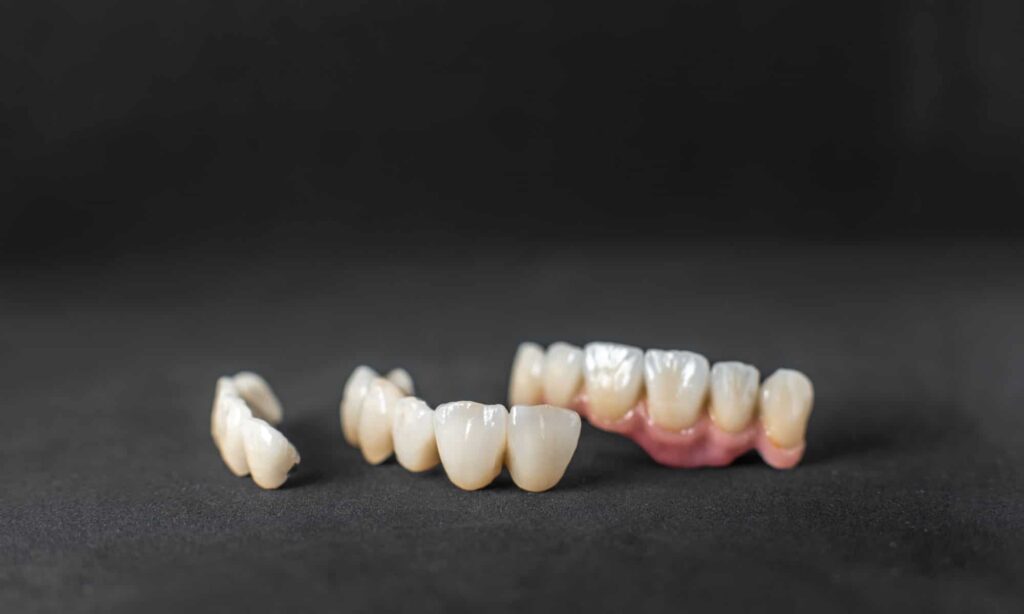
Dental crowns last a pretty reasonable amount of time. The average lifespan of a dental crown is around 10 to 15 years. However, with proper care and maintenance of oral hygiene, it isn’t unusual for the dental crown to last between 25-30 years.
However, one needs to remember that the oral cavity is a very complex system. Many factors contribute to the success or failure of a dental crown.
How Do You Know When A Crown Needs To Be Replaced?
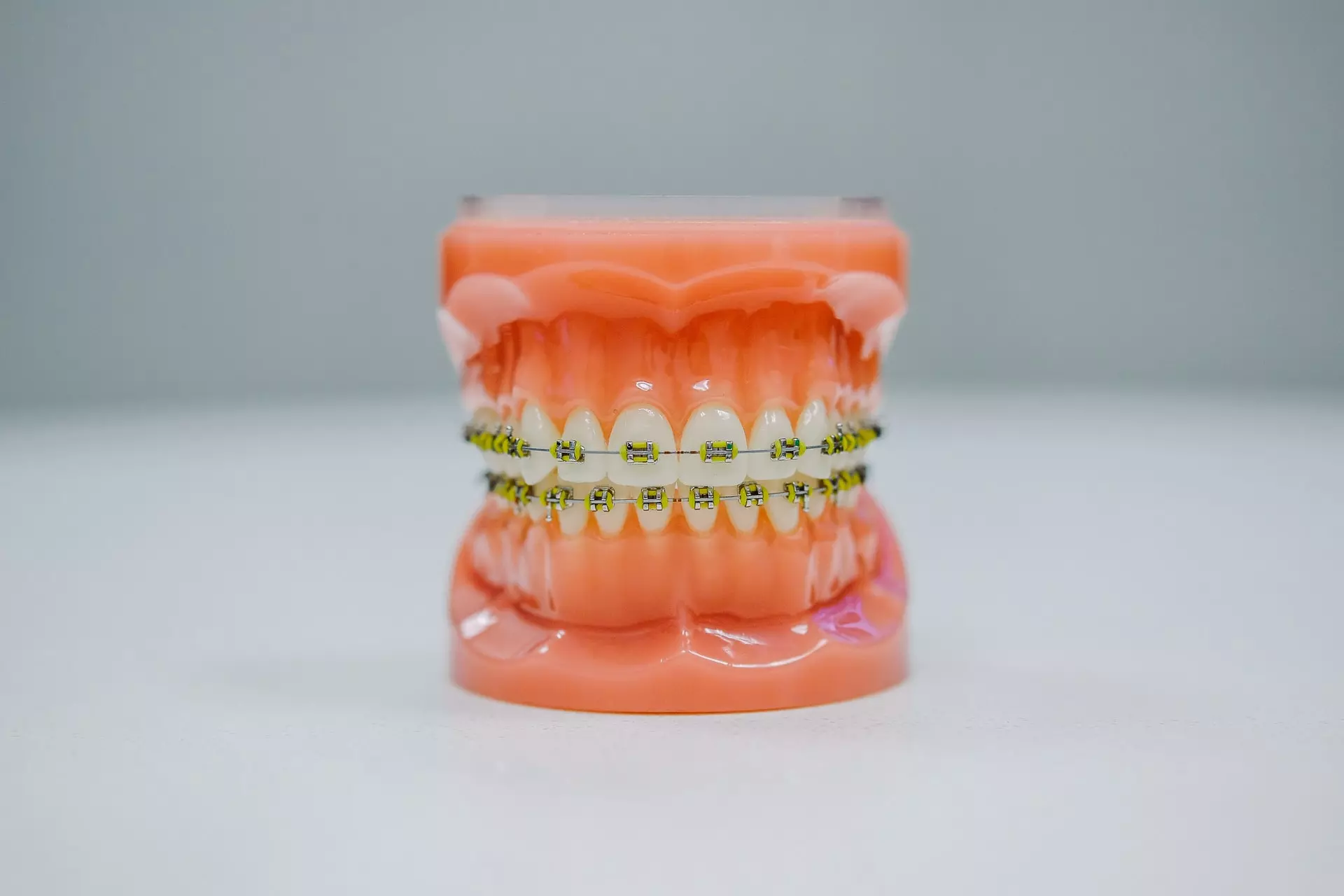
Like we mentioned earlier, the mouth is very complex. The amount of wear a dental crown experience is unique to each person and while pretty durable, they aren’t indestructible. If you notice signs of chipping or cracking in the crown, it might need to be replaced.
A damaged crown sitting in the mouth does more harm than good. It leads to an increased risk of decay forming underneath it. And while a crown itself isn’t cannot decay, the underlying tooth can be affected. Failure to follow proper oral hygiene only adds insult to injury.
Your dentist will determine the amount of decay that has formed under the crown and might advise a replacement crown, depending on its condition.
Another reason that a crown would require replacement is a manufacturing defect. If the dental crown doesn’t fit properly on the tooth, it would fail earlier than usual. The only solution in such a scenario is the replacement of the dental crown.
Look out for the following signs that indicate that your crown might need replacement –
- Swelling or pain in the gum surrounding the crown
- A damaged or cracked dental crown
- Loosened or dislodged dental crown
- A gap has formed between the dental crown and the gum line or the underlying tooth
How Do I Extend The Life Span Of My Dental Crown?
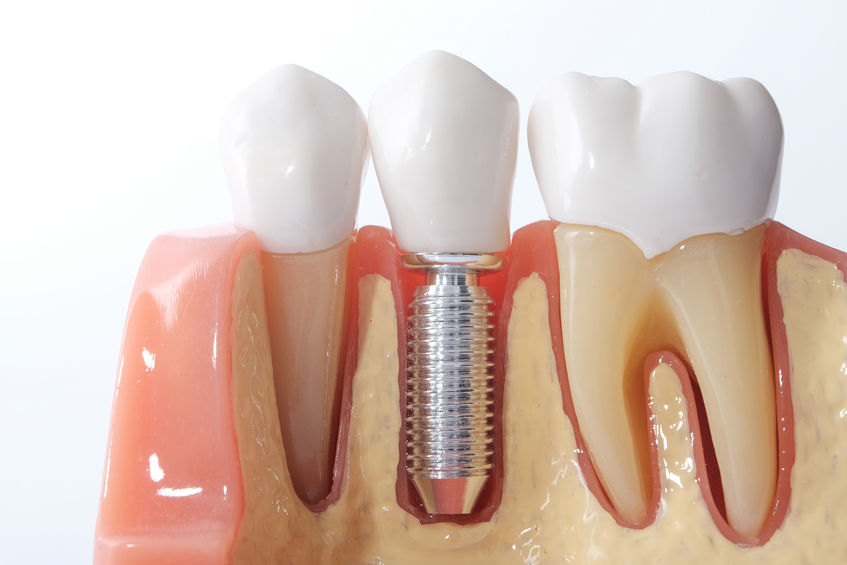
Taking care of your dental crown and extending its life span is simple.
Follow Proper Oral Hygiene Habits
Practicing basic oral hygiene goes a long way in extending the lifespan of dental crowns. This involves brushing twice a day, flossing once a day, and rinsing your mouth between meals.
If you regularly focus on your oral health, you not only take care of your dental crown but also prevent other dental issues from arising.
Avoid Habits That Damage Crowns
Certain habits are bad for your oral health in general, like smoking. But with a dental crown, you have to avoid other habits as well.
- Clenching your jaw or grinding your teeth can damage the dental crown far earlier than expected. If you tend to do this, wear a nightguard to prevent not just damage to the crown but also your natural teeth.
- Biting your nails and chewing on hard stuff like ice and hard candy can also cause the dental crown to chip or crack.
Take Regular Trips To The Dentist
Taking care of your teeth at home is never enough. However, paired with professional oversight, you can achieve pristine oral health. When you visit your dentist regularly, they examine your oral cavity, including your dental crowns, to ensure that everything is in great shape.
Your crown doesn’t require replacement if it is old. Unless there are any structural issues with your dental crown, you can carry on with the same dental unit as long as it lasts. A well-maintained dental crown is a great investment.
If you feel like you require a dental crown or if you just need more information on them, feel free to get in touch with the River Rock Dental office. You can call us at (952) 445-5556 to schedule a dental visit.





